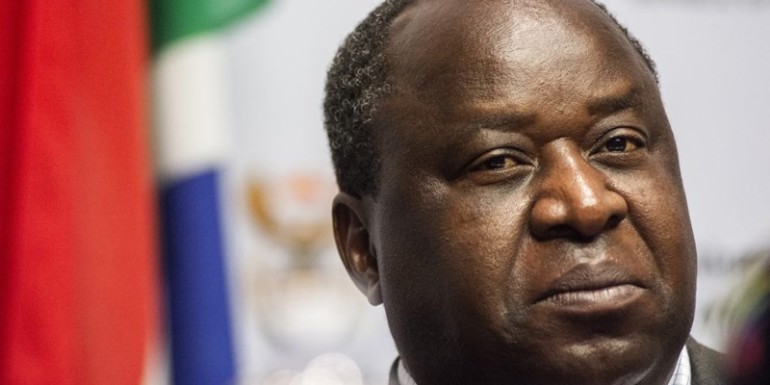Sponsored Listings:
The tourism sector can drive labour-intensive growth and help to combat South Africa’s high-levels of unemployment. This was stated in a new policy document released by South Africa’s National Treasury, titled ‘Economic transformation, inclusive growth, and competitiveness’.
The policy document names tourism as one of the key sectors that can deliver inclusive growth through its ‘labour absorption potential’. Tourism, it says, is characterised by low barriers to entry as most tourism business are small, providing services such as accommodation, tour guiding, day tours, and taxi services. “An important aspect of its contribution to inclusive growth and economic transformation is the fact that, unlike mining, manufacturing, and financial services, tourism is not clustered in specific development nodes. This makes it an important economic driver of rural economies and a mechanism to create sustainable employment opportunities outside urban and industrial areas. This is especially important given South Africa’s historically uneven spatial development patterns.”
Tourism accounts for 9.8% of South Africa’s total employment, up from 6.5% in 1995, as well as a similar share of the GDP, the document points out. While tourism industries in South Africa provided a gross direct value-add amounting to R198.7bn in 2014, and R210bn in 2015 (5.8 and 5.9% of the total GVA generated respectively). “The significantly larger increase in indirect and induced contributions highlights the fact that the tourism sector has become more interlinked with other sectors in the economy and is therefore an important driver of inclusive growth. The tourism sector is currently linked to 12 industries in the South African economy. We estimate that for every direct job created in the tourism sector, one additional job is created on an indirect or induced basis, making its linkages stronger than in many other sectors.”
The Department of Tourism, in terms of the Updated Tourism Sector Strategy, is aiming to increase tourism’s total contribution to GDP to R948bn, and increase the number of direct and indirect jobs supported by the sector to 2.2m by 2026.
The document also names several interventions that can improve South Africa’s tourism competitiveness. The first is the need for greater budgetary support for tourism agencies, with measures introduced to protect their budgets from the negative impact of currency fluctuations, given their impact on marketing in foreign destinations.
The second is that the Department of Tourism should increase the level of support to tourism firms so that they can properly navigate the highly regulated business environment.
The third point is the amendment of South Africa’s visa regulations to ensure a better balance between security concerns and growing the tourism sector.
And finally, the document states that proposals for the reintroduction and enhancement of the Tourism Safety Initiative must be adopted, with highly visible policing in tourist hotspots as this can address the perception of South Africa as an unsafe destination.
Source: tourismupdate.co.za










